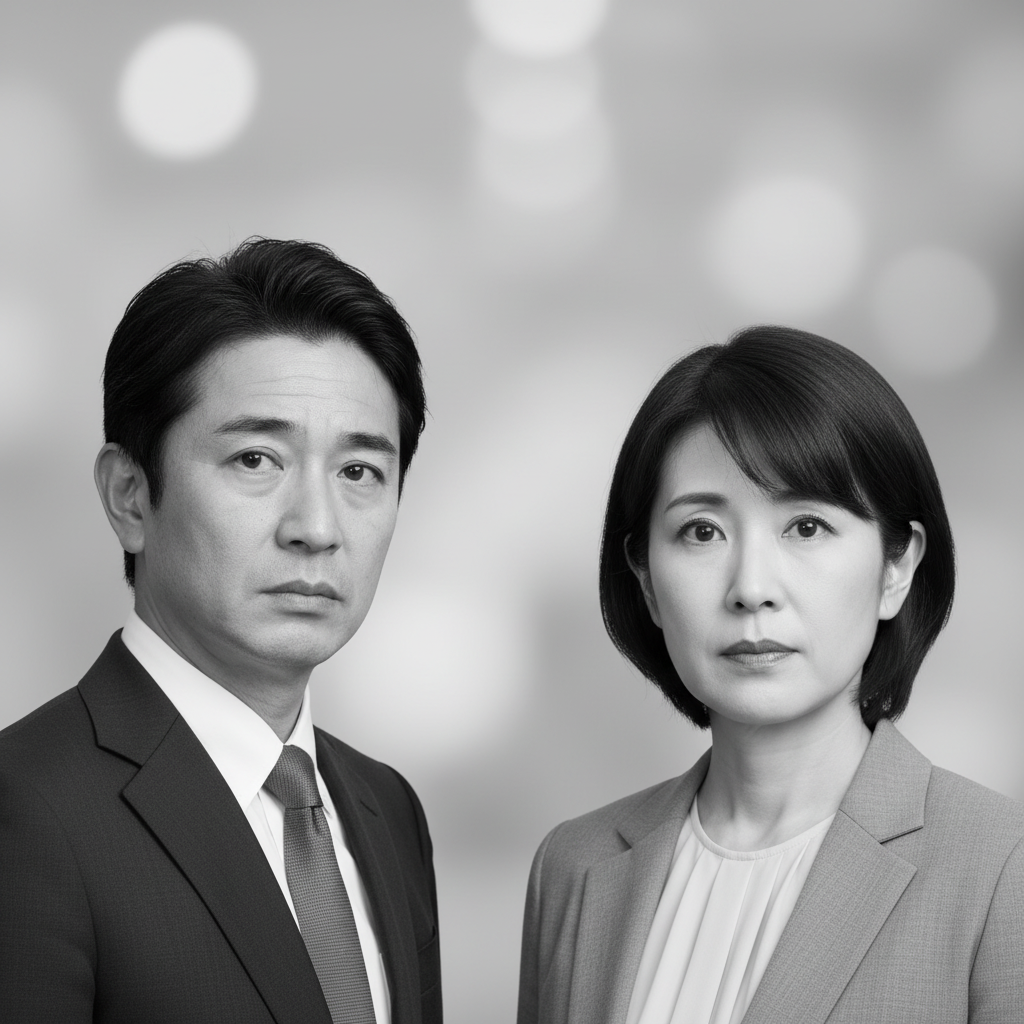401(k) Tax Changes in 2026: Watch Out for Scams

Scam Alert Issued Over 2026 401(k) Tax Changes
Warnings are being issued that changes to 401(k) tax regulations, set to take effect in 2026, could create new opportunities for scammers. Investors are urged to be especially vigilant against financial fraud exploiting the updated tax laws. Experts point out that tax-related scams are becoming increasingly sophisticated, with a potential rise in crimes targeting retirement funds. Therefore, when encountering information related to the 2026 401(k) tax changes, be highly suspicious of proposals from unclear sources or those guaranteeing abnormally high returns. Furthermore, remain vigilant against emails or text messages impersonating financial institutions to prevent personal information leaks. 401(k) account holders should verify tax information through official channels and promptly report any suspicious activity to the relevant authorities. Government and financial authorities need to strengthen public awareness and education efforts to protect investors in the lead-up to the 2026 tax law changes. In addition, a system should be established to respond quickly to fraud incidents to minimize damage.
On October 16, 2025, Lee Jung-hwan authored the Slow Letter. The Slow Letter provides readers with information related to financial market changes and highlights the potential risks of the 2026 401(k) tax changes. The letter focuses particularly on the impact on investors approaching retirement, providing guidance on reviewing tax plans and identifying scam attempts. Slow Letter also recommends that investors consult with financial professionals to develop optimal strategies tailored to their individual circumstances. Through the letter, Lee Jung-hwan aims to help investors proactively cope with the changing tax law environment and safely protect their retirement assets. He pledged to continue providing the latest information related to financial market trends so that investors can make informed decisions. Slow Letter is strengthening its role as a reliable source of information for investors and contributing to understanding complex financial issues.
In May 2023, Coupang introduced a 'reset rule' that invalidates previous work periods if employees work less than 15 hours per week. This raised concerns about the job security of short-term workers. The rule was controversial because even if workers had worked for a long time, if their weekly working hours fell below the standard, their previous work experience would not be recognized, and they might not receive severance pay or other benefits. Democratic Party lawmaker Kim Joo-young called for the abolition of these unfair employment rules and demanded improvements to protect workers' rights. In response, Coupang CFS CEO Jung Jong-cheol responded that he would restore the original employment rules. These changes in Coupang's employment policies have garnered significant social attention and further fueled discussions about corporate social responsibility and worker protection. This incident suggests that companies must balance the pursuit of profits with the equitable consideration of workers' rights.
Moon Ji-seok shed tears during the National Assembly audit of the Ministry of Employment and Labor at the Gwangju District Prosecutor's Office. This can be interpreted as expressing a deep emotional reaction to the policy decision-making process of the Ministry of Employment and Labor. His tears served as an opportunity to prompt serious reflection on the impact of policy decisions on individuals and society. During the National Assembly audit process, Moon Ji-seok's emotional appearance resonated with many, emphasizing that policymakers should consider more carefully the actual effects of policies and their resulting social impact. This incident will remain an example of how important it is to consider the human aspects in the policy decision-making process. Moon Ji-seok's actions presented a critical perspective on policy decisions and contributed to forming social consensus.
In the 2025 Liberal Democratic Party leadership election, Shinjiro Koizumi was defeated, and Sanae Takaichi formed a coalition with supporters of other candidates, securing a majority of votes from members of the National Diet. As a result, Sanae Takaichi became Japan's first female prime minister. She is a member of the Seiwa Seisaku Kenkyūkai (Seiwa Policy Study Group) along with Prime Minister Abe and has served in various ministerial positions, including Minister of State for Economic Security. Prime Minister Takaichi's emergence is expected to bring a new breeze to Japanese politics. Her policy direction and leadership style are expected to have a major impact on various fields, including Japan's economy, society, and diplomacy. Prime Minister Takaichi is under scrutiny for whether she can present a vision for Japan's future and meet the expectations of the people. Her leadership is expected to open a new chapter in Japanese politics.
